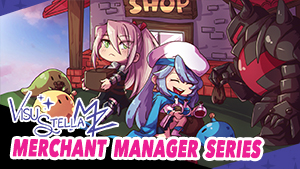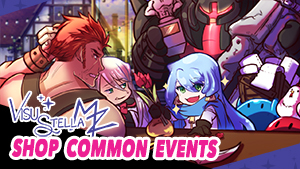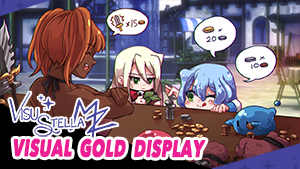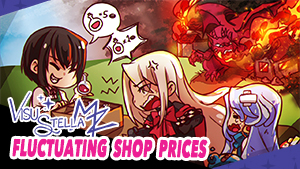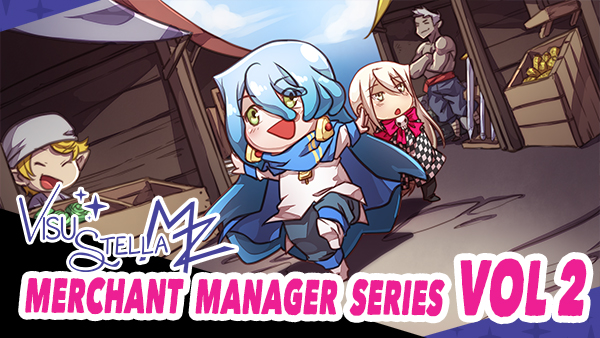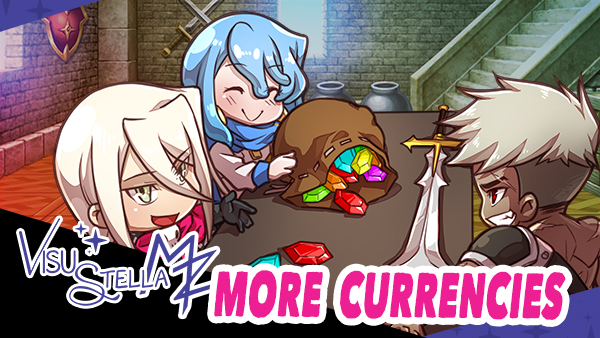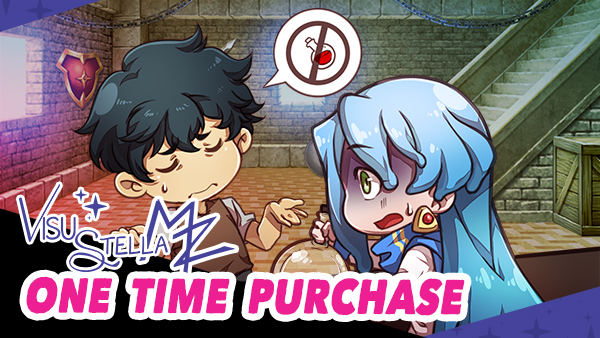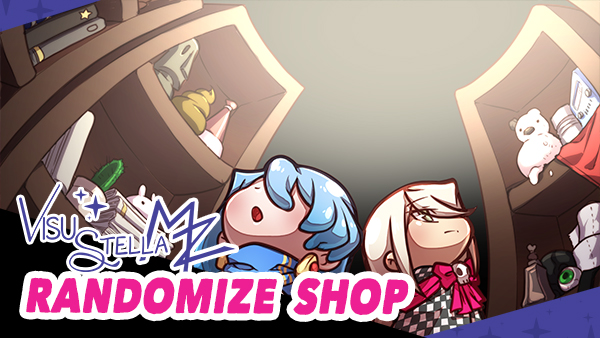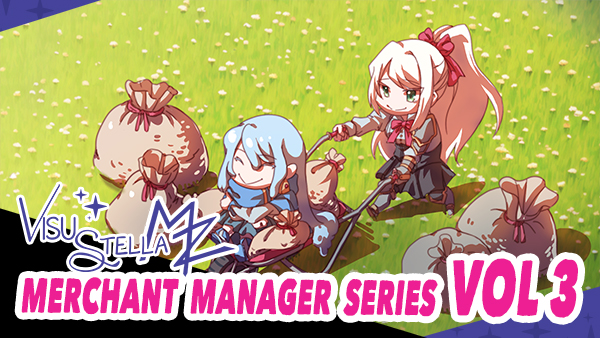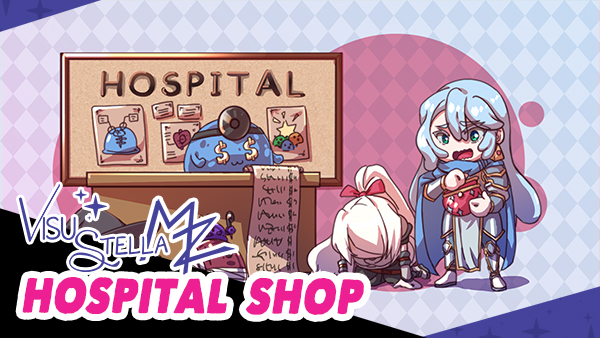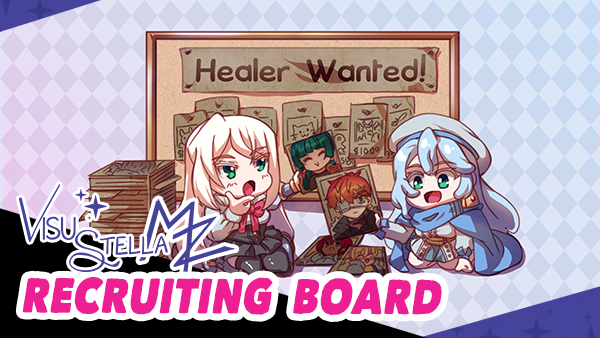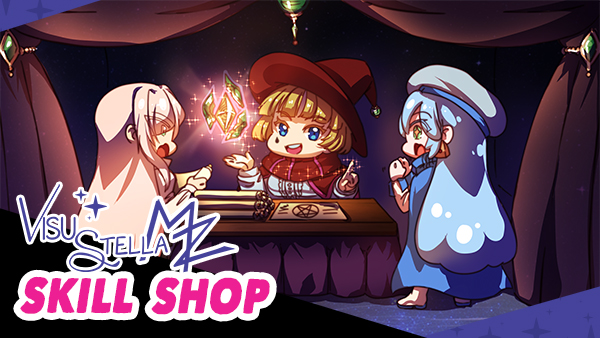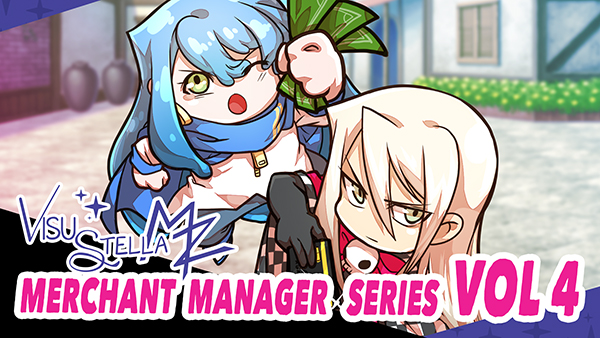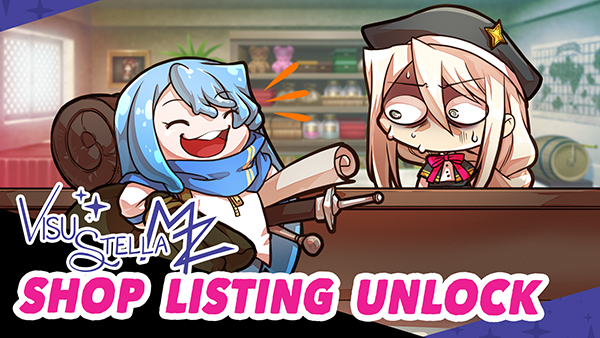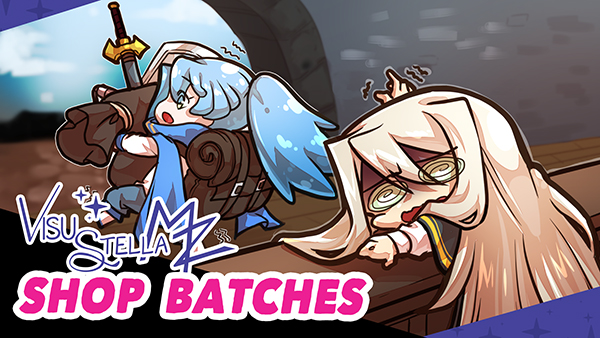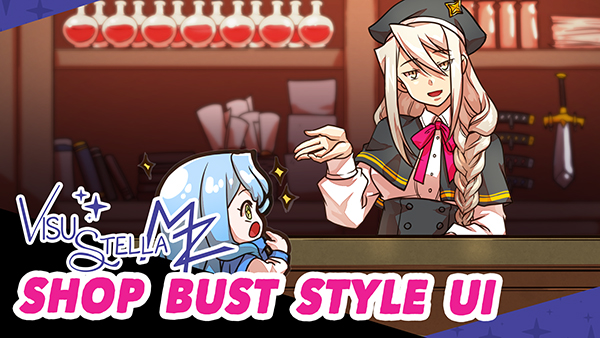Inspiration Behind Merchant Manager Series
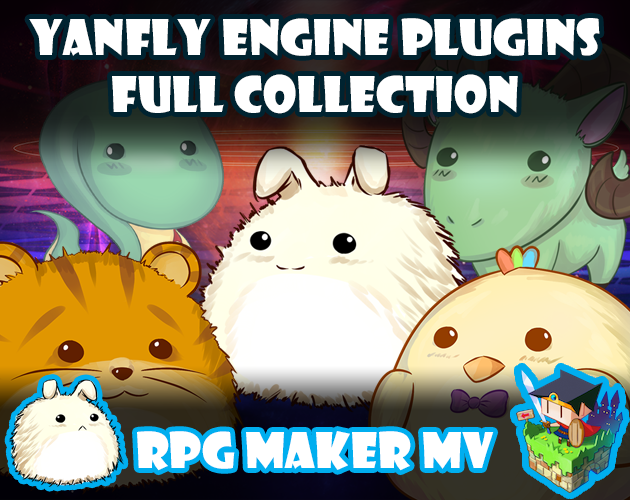
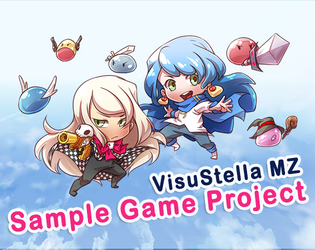
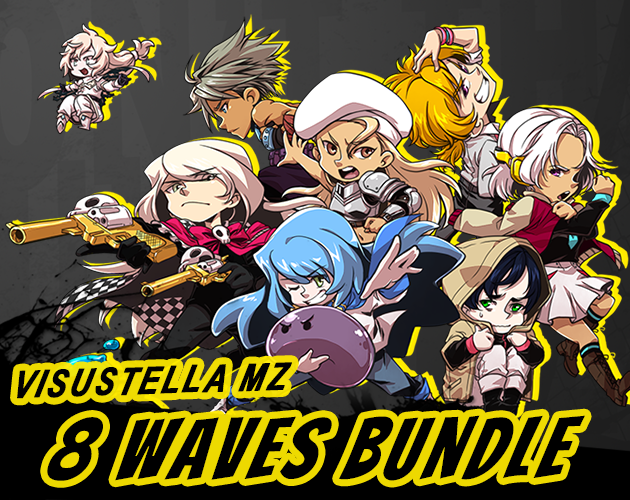
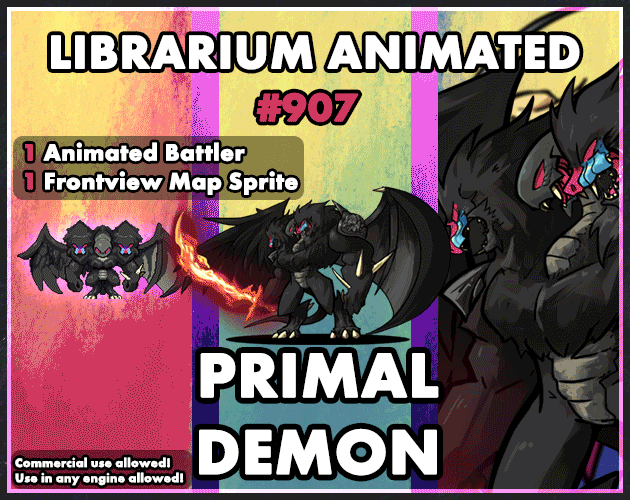
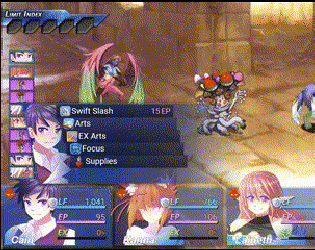
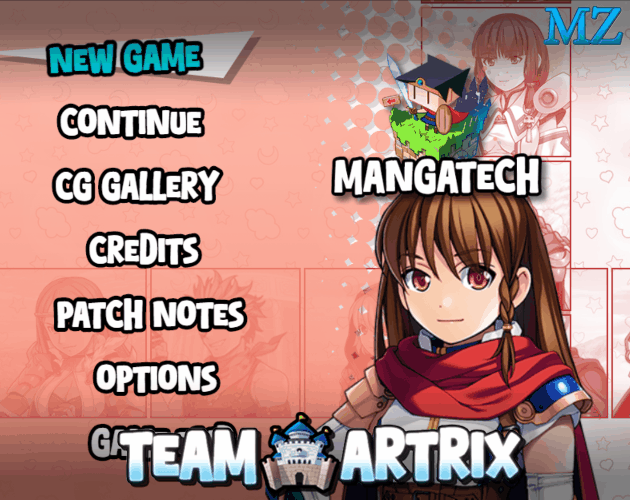
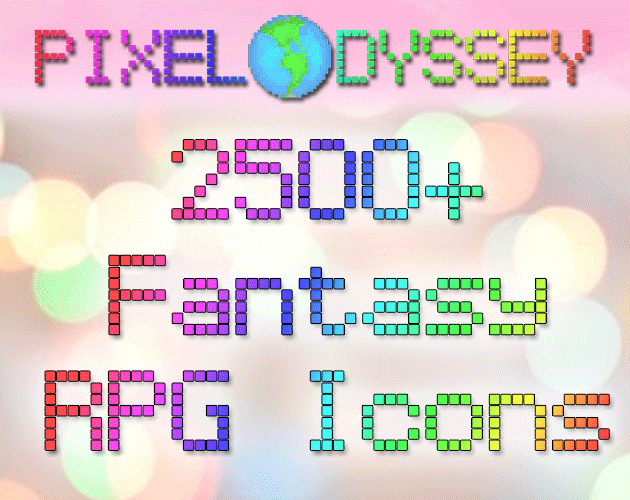
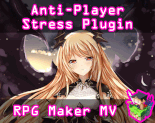
|
VisuStella, Caz Wolf, Fallen Angel Olivia, Atelier Irina, and other affiliated content creators.
IntroductionThis article aims to explain the mindset and inspiration behind each of the volumes in the Battle Technician series.
Merchant Manager Volume 1The Merchant Manager Series Volume 1 begins the new branch of plugins focused around shop keepers. Not all games would benefit from having out of the norm shop keepers, but for those that do, it's important to understand the inspiration behind them. Read on for more information.
Shop Common EventsThe plugin was adapted from Yanfly's Common Event Shop script in RPG Maker VX Ace except to give select items common event functionalities. The Shop Common Events plugin for VisuStella MZ. By allowing items, weapons, and armors to trigger common events upon purchase or sale, the plugin opens up a range of possibilities for additional interactions and features. This includes the ability to incorporate skits, shop events, and other dynamic elements that can enrich the player's experience and provide a deeper level of immersion within the game world. Inspired by the concept of buying effects or services, game developers can utilize common events to offer a wider range of offerings to the player. This opens up opportunities to sell special effects, such as "Cheat Code" effects, or provide services that go beyond traditional item transactions. By leveraging common events in this way, the plugin allows for greater creativity and customization in shop interactions, offering unique and diverse experiences for players. By launching common events upon purchasing or selling items, players are taken outside the shop environment to engage in additional content or interactions. This feature provides an opportunity for party members or other characters to comment on the player's purchases, adding depth and immersion to the shopping experience. It also allows for the inclusion of shop events, creating memorable moments that elevate the overall gameplay and storytelling.
Visual Gold DisplayMany fantasy settings have different denominations of currency, where smaller units translate into larger ones. By allowing the display of gold, silver, copper, or other denominations, the plugin adds depth to the game world and makes the currency system feel more realistic. Players can easily grasp the concept of different currency values and experience a greater sense of immersion within the game's setting. While the mechanics of the currency system remain the same, the Visual Gold Display plugin focuses on improving readability and comprehension for players. By representing large numbers or complex values with visually distinct icons or representations, the plugin enables players to quickly understand and interpret the cost of items or services in the game. For example, displaying 100k gold as 10 platinum bars may be more intuitive and easier to comprehend for some players. This enhances the player's ability to make informed decisions and manage their resources effectively. The plugin aims to streamline shop values by presenting them in a format that is easier to read and understand. By transforming large numbers or complex costs into more compact or visually appealing formats, players can quickly grasp the relative value of items or services. This helps players make purchasing decisions more efficiently and reduces the cognitive load of processing large numerical values. By presenting costs in a visual format, the plugin enhances the player's overall experience and engagement with the game's economy.
Fluctuating Shop PricesThe plugin is inspired by the idea of creating marketplaces that reflect the supply and demand of items within the game world. Similar to real-world economies, the prices of items can fluctuate based on various factors. For example, if there is a shortage of potions in a specific area, the prices may increase. Conversely, if there is a surplus, the prices may decrease. This dynamic pricing system adds realism and depth to the game's economy, making the marketplaces feel alive and responsive to player actions. By implementing fluctuating shop prices, the plugin aims to make the game world feel more dynamic and alive. As players progress through the game, they can observe the impact of their actions on the market. This creates a sense of immersion and realism, where the player's choices and interactions influence the economy. The ever-evolving prices add depth to the game world and encourage players to explore, strategize, and adapt their purchasing decisions accordingly. The Fluctuating Shop Prices plugin incentivizes players to pay attention to market trends and make informed decisions based on price fluctuations. If players recognize that an item's price is cheaper than usual, they may be encouraged to purchase more of it. Conversely, if prices are high, players may choose to hold off and seek better deals elsewhere. This mechanism promotes player engagement and encourages them to learn more about the game's economy, fostering a deeper understanding of the world and its mechanics.
Merchant Manager Volume 2Merchant Manager Series Volume 2 continues the trend of out of the norm shop keepers. With the second volume, the plugins mainly focus on providing the experience of feeling like you're in a different place. Not all shops are uniform in style and these plugins help add to it.
More CurrenciesThe More Currencies plugin was originally created in Yanfly Engine Plugins for RPG Maker MV. It allows the usage of items, weapons, armors, and variables for the purchase of items found inside of shops. This flexibility allows game developers to create unique shops that require different types of trade, adding depth and variety to the shopping experience. By breaking away from the traditional gold-based economy, special shops with their own unique currencies can be introduced, enhancing the game's immersion and realism. The plugin draws inspiration from various MMORPGs that feature special events with unique currencies. In these games, events introduce temporary currencies that allow players to participate on an equal playing field, regardless of their accumulated wealth in the standard currency, such as gold. By implementing a similar system in RPG Maker games, the More Currencies plugin offers a challenge to players, encouraging them to engage with events and diversify their resources beyond gold accumulation. It is also inspired by games like Super Mario Odyssey, the More Currencies plugin aims to enhance immersion and create a sense of regional identity. By introducing currencies specific to different regions within the game world, players can feel a deeper connection to each area. This immersion is reinforced by the ability to purchase special items unique to each region using these specific currencies. With differentiating currencies based on regions, the plugin adds depth and realism to the game's economy, making each area feel distinct and memorable. The More Currencies plugin provides a way to limit the availability of certain items by tying their purchase to specific currencies. By making the acquisition of these currencies limited in some form, such as through rare drops or completion of specific quests, the plugin introduces strategic value to the player's decision-making process. This limitation forces players to consider how they spend their resources, adding an additional layer of depth and tactical planning to the gameplay experience.
One Time PurchaseThe plugin draws inspiration from the concept of peddler NPCs having limited supplies of items. Not all merchants or peddlers in the game world are equipped with infinite inventories. By implementing a system where item entries can only be bought once in a store, the plugin adds a sense of scarcity and resource management to the gameplay. This encourages players to carefully consider their purchases and spend their resources wisely, making each transaction more meaningful and strategic. In The Legend of Zelda: Breath of the Wild, NPC merchants offer a limited selection of items at a given time and restock their inventory periodically. This feature encourages players to revisit areas and NPCs, creating a sense of exploration and discovery. By incorporating similar mechanics, the plugin adds depth to the shopping experience and encourages players to return to locations for restocking or to discover new events or developments. One of the inspirations behind the plugin is to introduce a feeling of scarcity within the RPG world. When items are readily available in large quantities, the sense of urgency and decision-making surrounding their usage diminishes. However, by limiting the availability of items and creating a situation where players must choose between using an item immediately or saving it for later, the plugin adds a layer of strategic decision-making and tension. This scarcity enhances the player's immersion and makes each purchase and use of an item more impactful.
Randomize ShopBy introducing randomized shop listings, the plugin breaks away from traditional preset shop inventories. This creates a sense of anticipation and excitement when players visit shops, as they never know what items will be available. It adds an element of surprise and variety, keeping players engaged and eager to explore different options in each encounter. This dynamic nature of the shop listings enhances the overall gameplay experience and keeps players on their toes. The Randomize Shop plugin encourages players to carefully browse through the available shop listings. With randomized inventories, players need to assess each item's usefulness and determine if it fits their current needs or strategies. This fosters active decision-making and exploration as players search for unique and valuable items among the randomized selection. It adds depth and strategy to the shopping experience, enhancing the player's engagement with the game's economy. The plugin can be seamlessly integrated with other plugins, such as the One Time Purchase plugin, to create roguelike-type environments. In roguelike games, each playthrough offers a unique experience, and randomized shop listings align perfectly with this concept. By combining the Randomize Shop plugin with other roguelike mechanics, game developers can provide players with ever-changing challenges and opportunities, ensuring each encounter feels fresh and exciting. It is very well-suited for creating traveling peddler NPCs. These NPCs can offer a variety of items from different regions or sources, giving players access to rare or unique items they might not find elsewhere. The randomized shop listings contribute to the immersive nature of the game world, providing a sense of realism as players encounter different peddlers with their own distinctive inventories. This adds depth to the world-building and enriches the player's exploration experience.
Merchant Manager Volume 3Merchant Manager Volume 3 had a lot of plugins that focused on providing alternative uses for gold. Usually, gold is a resource that's mainly used to purchase items, equipment, and a place to sleep with nothing else in mind. This plugin adds three more gold sinks for players to dump their hard earned digital gold into.
Hospital ShopThe hospital system was originally created for Yanfly Engine 6, one of the many Yanfly Engine's from the RPG Maker VX era. It was originally inspired by Disgaea, though not all aspects of it were replicated. The reason why I opted to create such a system for RPG Maker at the time was because gold really had no other value at the time other than to buy consumable items and/or equipment. At the time of its original creation, players had a hoarding mentality. They would not use items (namely Elixirs) that they found because "Who knows when you need them" and JRPG game design was often made that you did not have to use consumables to get past hurdles. Inns were another potential gold sink, but because of how cheap they were in comparison to everything else, resting at an inn might as well be free and it did not make a dent in player gold. That would leave equipment as the sole target of spending your money. Except there was a problem. JRPG's at the time would often litter dungeons with powerful equipment to make sure the player does not fall behind. This equipment would often trivialize what's being sold in shops at the time, too. So in other words, there's just really no reason to use gold at all. It became a resource that just piled up over time without any real purpose. With that in mind, I started seeking ways to make gold always relevant. That's when I came across Disgaea, a Nippon Ichi Software game that is all about numbers. There were no inns in that game that gave full healing for a flat cost. Instead, hospital costs would scale upward depending on how much damage was taken. This ended up causing the following effects in player mentality:
The hospital system adds so much engagement when used correctly and properly balanced. It becomes a tool for indirectly teaching the player what and where they are lacking.
Recruiting BoardThe Recruiting Board was a plugin I originally made for RPG Maker MZ. The Recruiting Board plugin enables players to have control over their party composition. They can handpick the actors they want to join their group, allowing for a highly customizable and personalized gameplay experience. Players can assemble a party that suits their preferred playstyle, strategies, and character interactions. With the ability to recruit different actors, the plugin adds variety and replayability to the game. Players can experiment with different party combinations, exploring the unique abilities, skills, and personalities of each actor. This feature encourages players to engage in multiple playthroughs, each with its own distinct party dynamics. By incorporating a gold cost for recruiting actors, the plugin introduces an additional layer of resource management. Players need to consider their available funds and make strategic decisions about which actors to recruit based on their budget. This adds a financial aspect to party building, making gold acquisition and expenditure an integral part of the gameplay experience. The Recruiting Board plugin encourages players to think strategically when selecting new party members. They can analyze the strengths, weaknesses, and roles of each actor, considering how they complement or synergize with existing party members. This fosters a thoughtful approach to party composition and encourages players to consider the overall balance and effectiveness of their team. The plugin empowers players with the freedom to choose the actors they want to join their party. This element of player agency enhances the overall game experience, as players feel more invested in their party and the outcomes of their decisions. The ability to select party members aligns with the RPG genre's core principle of player choice and fosters a sense of ownership over the game's progression. The plugin streamlines the process of recruiting new party members by providing a centralized system, such as the Recruiting Board. Instead of relying on chance encounters or convoluted recruitment methods, players can efficiently browse through a list of actors and make their selections. This improves the overall flow of the game, reducing frustration and providing a more streamlined and intuitive user experience.
Skill ShopSkill Shop is another script that was created long ago in the RPG Maker VX era. It was during an era where people were tired of only being able to learn skills through leveling and wanted an alternative way of doing so. Since I was looking for gold sinks, why not have skill shops, too? Skill shops were available long ago in JRPG form. Even as early as Final Fantasy 1 by Squaresoft. Later on, even the popular Final Fantasy 5 had it, too. The idea was simple. Find a skill you like? You can buy it for the target ally to learn. Do you have a limited amount of gold? Well, then, it's time to make a strategic choice. Skill shops are great in that they allow for a non-linear way of acquiring skills. Not only that, these skills can vary from region to region, too. In Guild Wars, another game I often take inspiration from, skills available from skill shops would often be themed to what would help out in the region. If a place was full of monsters that had fast movement, there were some skills that were available from the shops that would reduce their movement speed. If a region contained lots of monsters that were vulnerable to ice, ice spells would be present, too.
Merchant Manager Volume 4The Merchant Manager Series Volume 4 begins the last branch of plugins focused around shop keepers. We're focused on rounding up the features and mechanics as well as visuals for shops.
Shop Listing UnlockThe Shop Listing Unlock plugin for RPG Maker MZ is first of the three plugins introduced with the final set. Our inspiration stems from the unlock system in Etrian Odyssey, where selling monster drops adds new items to the shop inventory. The mechanic adds depth by making monster drops more than just trophies or vendor fodder. Now, these drops serve a functional purpose, unlocking new, potentially stronger items for purchase. This mechanic provides an extra incentive to engage with battles and loot systems in a player's RPG adventure. This adds immersion in addition to doubling as a progress gate mechanic. The unlocking mechanic as a complementary or alternative system to item crafting. Not every player enjoys the complexities of crafting; some prefer the straightforwardness of buying items directly. Shop Listing Unlock addresses this by offering another avenue through which new items can be accessed after unlocking those items with monster drops. From there, players only need to purchase the items instead.
Shop BatchesThe Shop Batches plugin is inspired by the mechanics seen in some online gacha games, where items can be purchased in batches at a discount. This straightforward concept offers a wide range of possibilities for enhancing the in-game shopping experience. The Shop Batches system can be particularly helpful for newcomers, steering them towards beginner packs that help them kickstart their journey without spending unnecessary time window shopping. This guided approach alleviates the decision-making burden, allowing players to jump right into the gameplay. Additionally, Shop Batches also has the practical benefit of enabling the purchase of item bundles that naturally go together, such as bows and arrows. This not only saves time but also adds a layer of realism and convenience to the game's economy. Another notable potential ability is for game devs to insert their own "Recommended Packs." These packs allow the developer to guide players towards specific batches of items that might be especially useful in upcoming challenges or story arcs, adding a strategic layer to the purchasing decisions.
Shop Bust Style UIThe Shop Bust Style UI plugin draws inspiration from many anime-themed JRPGs. In these games, shopkeepers are not just vendors but characters with their own unique identities and messages. The central feature of Shop Bust Style UI is the ability to display shopkeepers' portraits/busts, along with unique dialogue as players browse and make purchases. Shopkeepers can also switch busts and play voice lines, enhancing the immersion and interaction between players and the game world. An additional advantage of this plugin is its compatibility with other VisuStella MZ plugins like the Hospital Shop, Recruiting Board, and Skill Shop. This means the immersive bust style UI can be extended across multiple aspects of your game, creating a cohesive and engaging environment.
Ending StatementsAnd that's it for this article! Happy RPG Making!
End of File |
